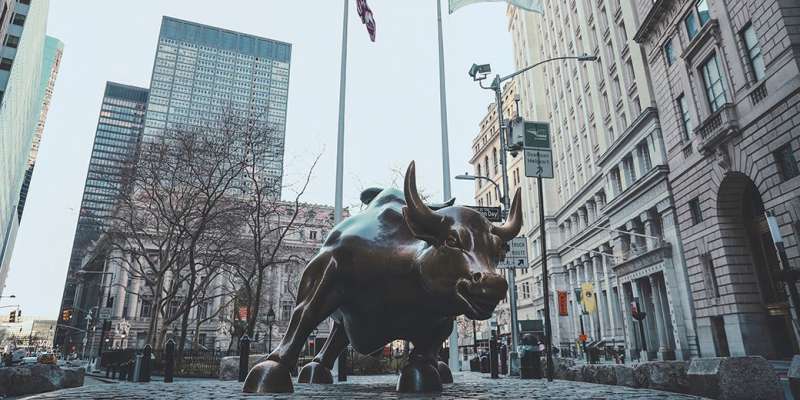
Date: 07 December 2020
Author(s): David Carnevali and Eric Platt
Source: Financial Times
By one measure, US stocks have been getting so expensive that only the dotcom boom saw higher valuations.
Ever since Joe Biden won the election as US president, coupled with the materialization of the Covid-19 vaccine breakthroughs, the approx. $41 trillion market has skyrocketed, elevating benchmark stocks indices to unprecedented heights.
However, some investors are feeling apprehensive about the extent in that stock prices have diverged from corporate earnings. According to Deutsche Bank, the cyclically adjusted price-to-earnings ratio (also known as the CAPE ratio) of the S&P 500 that was developed by economist Robert Shiller rose to 33.4 at the start of December. Which places it above the level of September 1929—the eve of the Great Depression—and nearly double that of its historic average of 17.
It was only during the technology bubble entering the millennium in December 1999 did the ratio rocket as high as 44.2, exceeding current levels.
“There are great expectations built into this market,” CIBC Private Wealth Management CIO, David Donabedian said. “We are in the seventh inning of Federal Reserve -supported equity markets,” he said, adding that the CAPE ratio is a warning call for the longer term although the short-term outlook remains positive.
Following the amplified efforts rolled out by the Federal Reserve and central banks around the globe to minimize the financial and economic fallout from the pandemic, valuations of US stocks have risen. In March, the Fed cut rates close to zero, and in April it pledged to buy government bonds in unlimited amounts, pushing yields on long-term debt down to historic lows.
“Low interest rates and easing monetary policies are the single biggest factors for equity outperformance,” said Mr Donabedian.
Technology stocks—particularly the biggest tech companies including Apple, Microsoft, Amazon, Google-owner Alphabet and Facebook who now account for 22 per cent of the S&P 500 compared to just under 17 per cent at the end of last year—have grown 36 per cent this year, outperforming the broader market’s 14 per cent gain.
Investors will not be taken by surprise by above average readings of the CAPE ratio as it has been pointed to by pessimistic money managers for a decade as one factor why stocks have come to be unbound from corporate earnings. Deutsche Bank noted that since 1991, outside of a period during the financial crisis, the CAPE ratio has been above its long-term average. Notwithstanding that, the S&P 500 has achieved a total return of beyond 1,700 per cent in the years since.
Keyword : sterlinghousetrust.com, Sterling House Trust, SHT
Sterling House Trust is a private trust with a difference. It offers its members an exclusive and reliable platform to access unique opportunities and lifestyle services reserved for the select few. With its team of professional managers Sterling House Trust constantly scans the markets and collaborate with reliable global partners to create a portfolio of carefully curated programmes for its members. Members can access these programmes according to their individual needs, interest and financial capacity. Sterling House Trust is headquartered in Auckland, New Zealand, and has operations based in London, UK.
The Sterling House Trust platform was established with the objective of providing its members, secure access to opportunities across a range of global locations, sectors and services.

Our unique Platform was established within the framework of a trust so that the trust would have oversight and governance over the range of services and its quality. Member protection is a core principle and drive in all that we do. Our trustees ensures that the interests and quality of service provided by the Platform are always maintained at the highest standards.
The trust and its trustees provide robust oversight and is constantly on the move to identify and shortlist select opportunities in the international markets. Likewise, we apply the same stringent standards in identifying and selecting providers and professional partners to join our Platform.
The Sterling House Trust Platform utilises our international footfall and relationships to provide our members with access to a range of international opportunities via our global network which covers a broad range of sectors including:
Asset protection, international property ownership and management, alternative and direct ownership, estate planning, banking services, foreign exchange, card services, alternative investment and lifestyle services.

New Zealand Head Office
31/335 Lincoln Road,
Addington
Christchurch
New Zealand
London Office
14-16 Dowgate Hill,
London,
England EC4R 2SU